The program includes several options to visit farms across the Upper Midwest. Students will be invited to visit the farm closest to their location. Site visits will be hosted by farmers of color. We’ll tour the farm and hear about each farmer’s commitment to the land and have a candid discussion about all aspects of their farming experience.
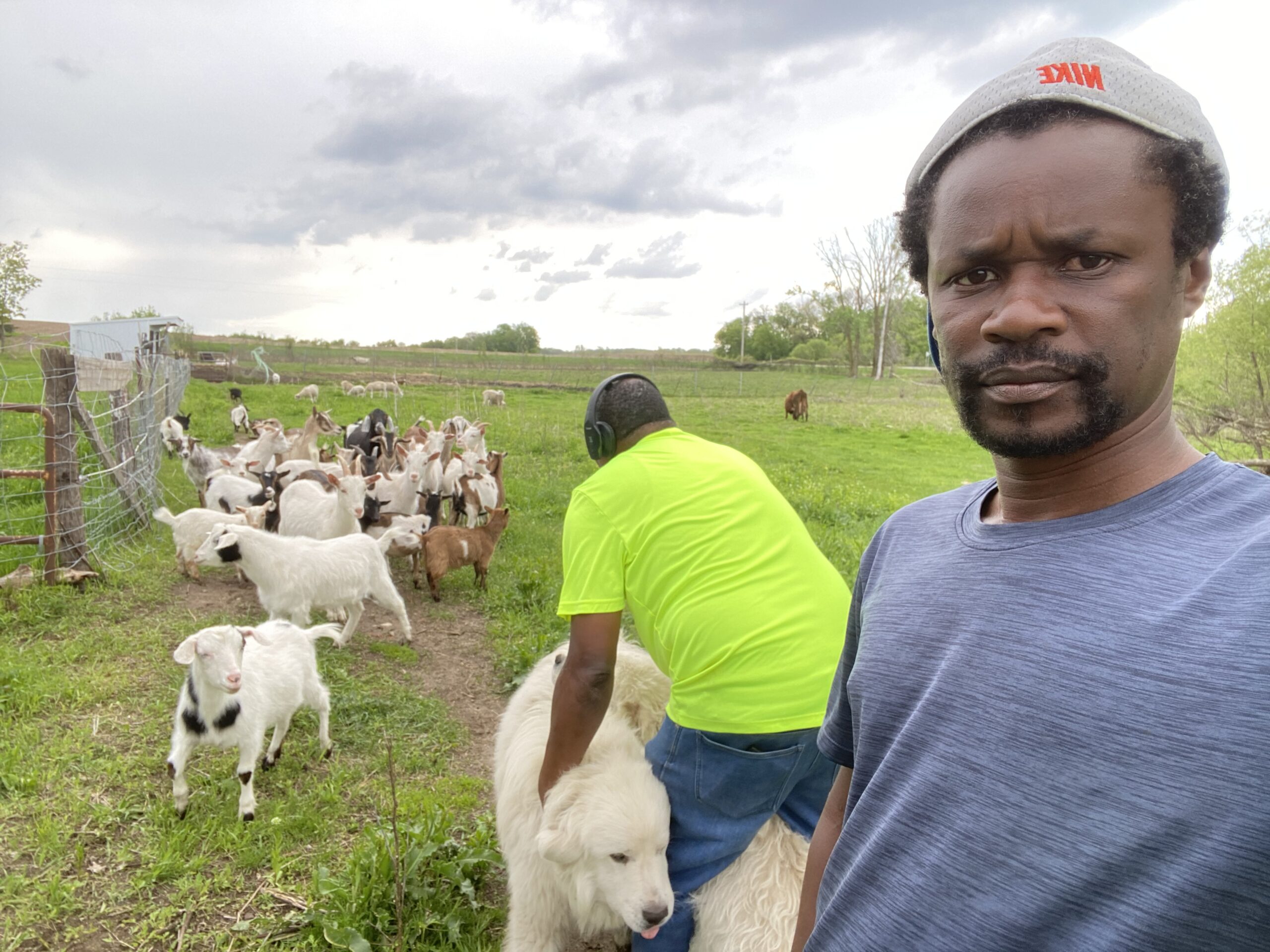 Minnesota. In Minnesota, we’ll visit with Moses and Lonah Momanyi. In addition to running their own successful farm (Dawn 2 Dusk Farm), they founded the organization Kilimo Minnesota in 2020. Kilimo Minnesota is an organic incubator farm with a mission to empower emerging farmers of African descent, socially and economically, through mentorship, farmland access navigation and community building. Kilimo Minnesota offers a three to five year hands-on training program that includes farming experience, group classes, networking and one-on-one business mentoring. The program, founded by and for farmers of African descent, is uniquely situated to give emerging farmers an opportunity to learn growing techniques and business skills in a new climate, country and culture while in a comfortable peer setting. Moses also works closely with another budding organization, the African Growers and Producers Alliance.
Minnesota. In Minnesota, we’ll visit with Moses and Lonah Momanyi. In addition to running their own successful farm (Dawn 2 Dusk Farm), they founded the organization Kilimo Minnesota in 2020. Kilimo Minnesota is an organic incubator farm with a mission to empower emerging farmers of African descent, socially and economically, through mentorship, farmland access navigation and community building. Kilimo Minnesota offers a three to five year hands-on training program that includes farming experience, group classes, networking and one-on-one business mentoring. The program, founded by and for farmers of African descent, is uniquely situated to give emerging farmers an opportunity to learn growing techniques and business skills in a new climate, country and culture while in a comfortable peer setting. Moses also works closely with another budding organization, the African Growers and Producers Alliance.
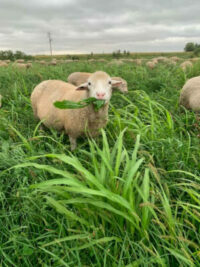 Iowa. In Iowa we’ll visit a regenerative organic farm bringing humanely-raised meats and eggs to consumers. Jóia Food Farm is a diverse livestock and organic grain farm located near Charles City in Northeast Iowa owned and operated by farmers Wendy Johnson and Johnny Rafkin. They left the bright lights, big city of Los Angeles in 2010 out of a desire to connect with food and to live a life filled with intention and genuine purpose. A life that integrates the land, family, community, the work they do, and the food they raise. Wendy and Johnny are advocates of nutrient dense slow food, from raising it to preparing it. They believe in the principles of agro-ecology, with a focus on biodiversity, the sharing of animals and plants working together to create healthy soils, healthy animals, healthy plants, a healthy environment and most importantly, healthy food. They raise heritage pigs, sheep, turkeys, ducks and chickens. They grow certified organic grains and lush pastures and use regenerative methods to grow the livestock in the soils and plant trees, including fruit and nut trees and bushes annually to increase the diversity on the farm.
Iowa. In Iowa we’ll visit a regenerative organic farm bringing humanely-raised meats and eggs to consumers. Jóia Food Farm is a diverse livestock and organic grain farm located near Charles City in Northeast Iowa owned and operated by farmers Wendy Johnson and Johnny Rafkin. They left the bright lights, big city of Los Angeles in 2010 out of a desire to connect with food and to live a life filled with intention and genuine purpose. A life that integrates the land, family, community, the work they do, and the food they raise. Wendy and Johnny are advocates of nutrient dense slow food, from raising it to preparing it. They believe in the principles of agro-ecology, with a focus on biodiversity, the sharing of animals and plants working together to create healthy soils, healthy animals, healthy plants, a healthy environment and most importantly, healthy food. They raise heritage pigs, sheep, turkeys, ducks and chickens. They grow certified organic grains and lush pastures and use regenerative methods to grow the livestock in the soils and plant trees, including fruit and nut trees and bushes annually to increase the diversity on the farm.
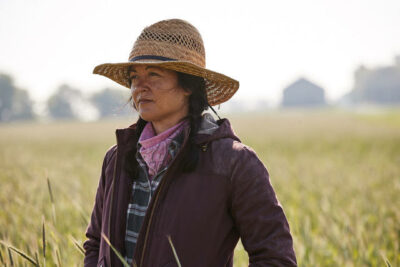 Wendy is originally from Iowa, but left the farm she grew up on to go to college, move to Los Angeles and fulfill a career in the fashion industry. After 18 years away from the farm, she returned with an entirely new appreciation for the family farm and a vision for its future. A farm is a place to grow roots figuratively and literally, and she is making every effort to do so. Wendy helps manage her family farm in addition to implementing the strategies and new ideas on the farm she and Johnny have made home. She loves learning and continually finding new and better ways to grow soil, food, awareness and community. Wendy is also active as a Climate Land Leader, connecting Iowa livestock farmers to markets through 99 counties, and as a board member at Practical Farmers of Iowa. She’s featured in PFI’s feature length film Livestock on the Land.
Wendy is originally from Iowa, but left the farm she grew up on to go to college, move to Los Angeles and fulfill a career in the fashion industry. After 18 years away from the farm, she returned with an entirely new appreciation for the family farm and a vision for its future. A farm is a place to grow roots figuratively and literally, and she is making every effort to do so. Wendy helps manage her family farm in addition to implementing the strategies and new ideas on the farm she and Johnny have made home. She loves learning and continually finding new and better ways to grow soil, food, awareness and community. Wendy is also active as a Climate Land Leader, connecting Iowa livestock farmers to markets through 99 counties, and as a board member at Practical Farmers of Iowa. She’s featured in PFI’s feature length film Livestock on the Land.
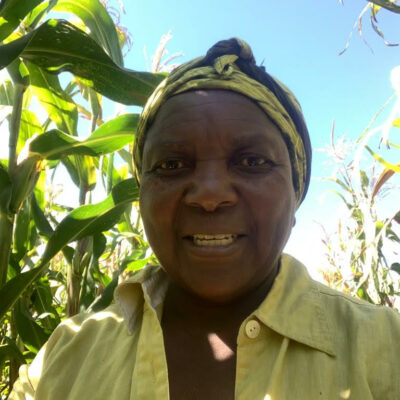 Illinois. Mrs. Zintambila is also known to many as Mama Chiko, Mama Mboga, Mama Janet, Ms. JZ, Mama Mahindi and Mama Wetu. Born and raised in Kenya, East Africa, she migrated to the USA in 1979 in pursuit of further education at Iowa Wesleyan College, Mt. Pleasant IA. She subsequently obtained her Master’s degree in Counselor Education from Western Illinois University, Macomb IL. Living in the Midwest, a rich agricultural area, Mrs. Zintambila’s love for growing crops, in particular those native to her home country, Kenya, has evolved. Her late husband Professor Dr. Henry Zintambila and her sons Chiko Zintambila and Vincent Airo Mmata have worked side by side during the growing season helping in many aspects. Currently, her main crop, White Green Maize used for roasting, boiling and making Githeri a famous traditional Kenyan dish makes many ethnic families in the USA happy. Mrs. Zintambila resides in Normal, Illinois. She also works for Homes of Hope Inc in Normal.
Illinois. Mrs. Zintambila is also known to many as Mama Chiko, Mama Mboga, Mama Janet, Ms. JZ, Mama Mahindi and Mama Wetu. Born and raised in Kenya, East Africa, she migrated to the USA in 1979 in pursuit of further education at Iowa Wesleyan College, Mt. Pleasant IA. She subsequently obtained her Master’s degree in Counselor Education from Western Illinois University, Macomb IL. Living in the Midwest, a rich agricultural area, Mrs. Zintambila’s love for growing crops, in particular those native to her home country, Kenya, has evolved. Her late husband Professor Dr. Henry Zintambila and her sons Chiko Zintambila and Vincent Airo Mmata have worked side by side during the growing season helping in many aspects. Currently, her main crop, White Green Maize used for roasting, boiling and making Githeri a famous traditional Kenyan dish makes many ethnic families in the USA happy. Mrs. Zintambila resides in Normal, Illinois. She also works for Homes of Hope Inc in Normal.

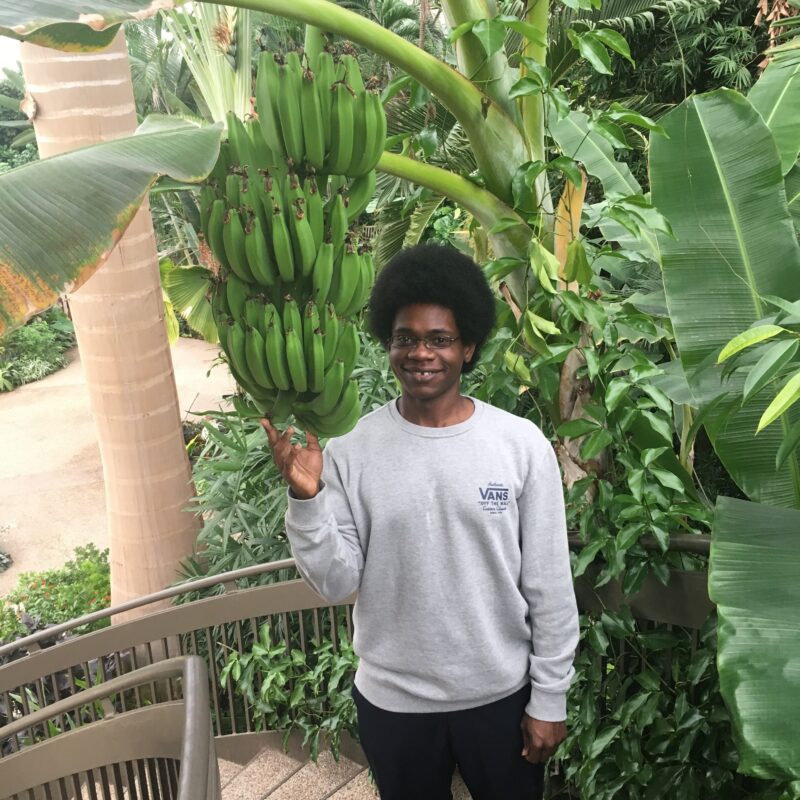
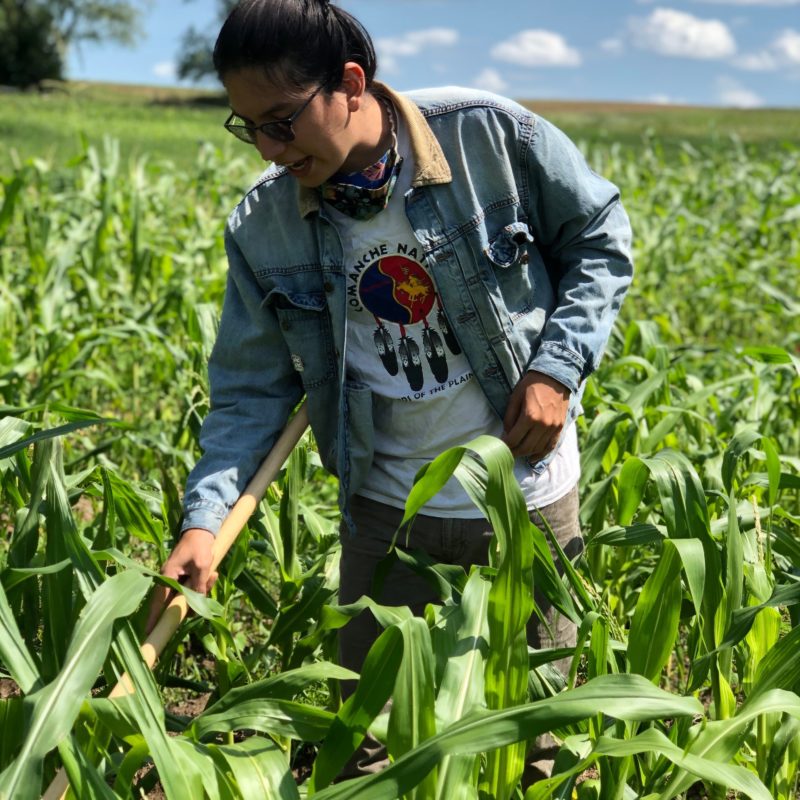
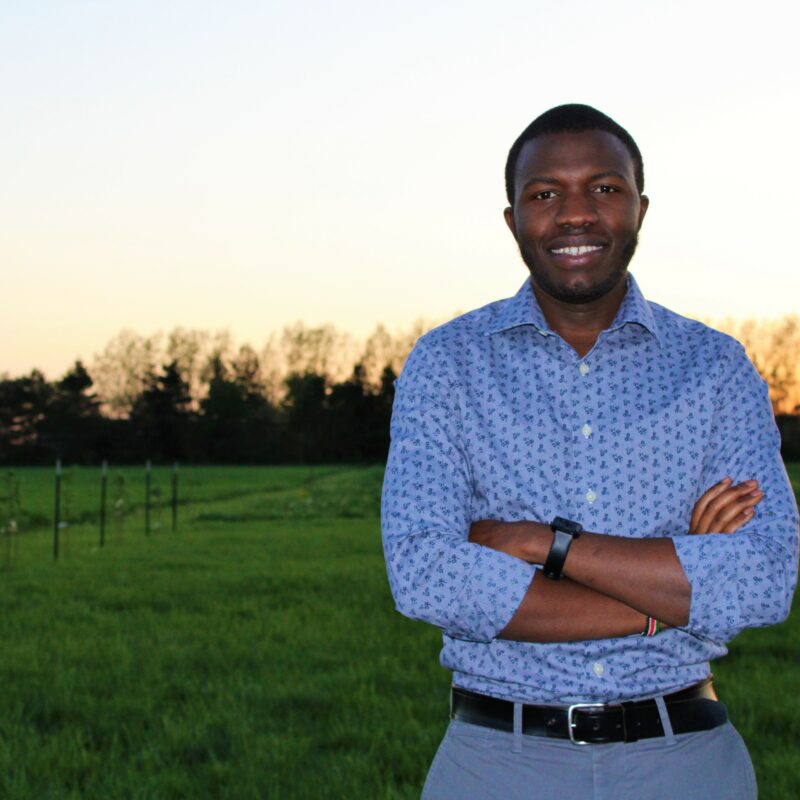
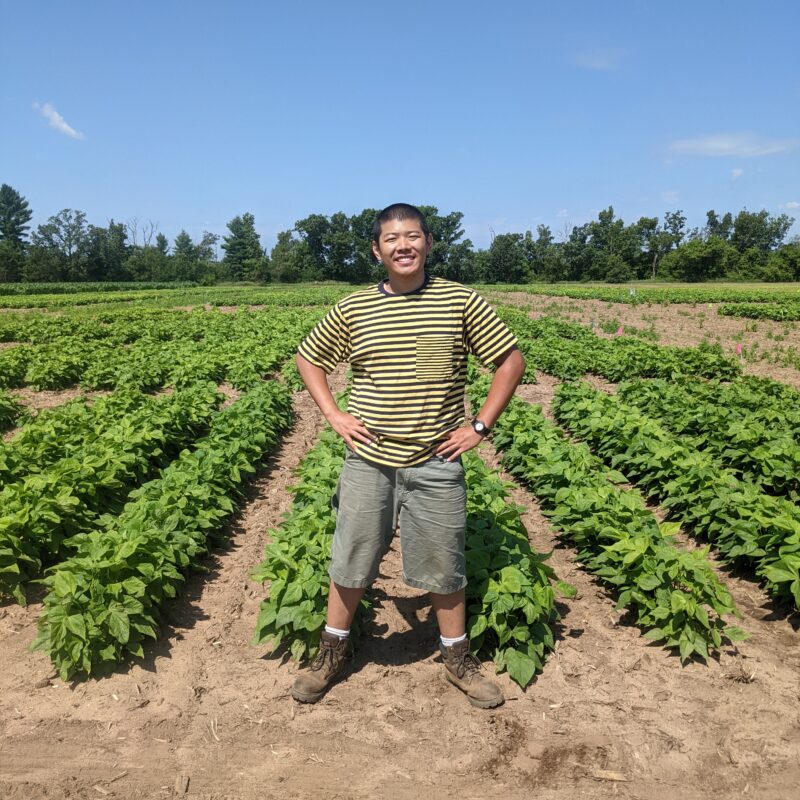
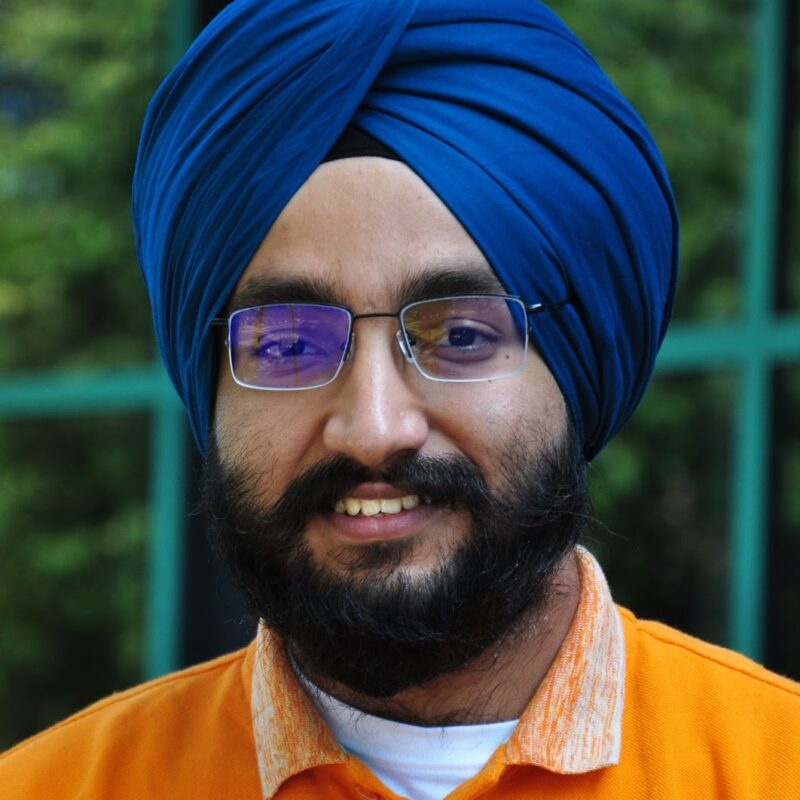
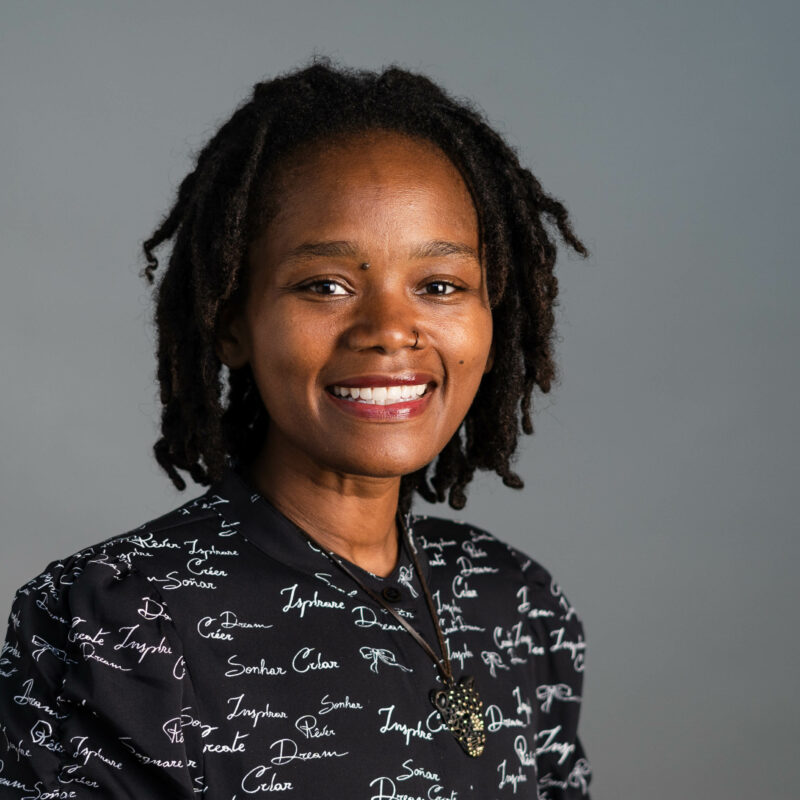
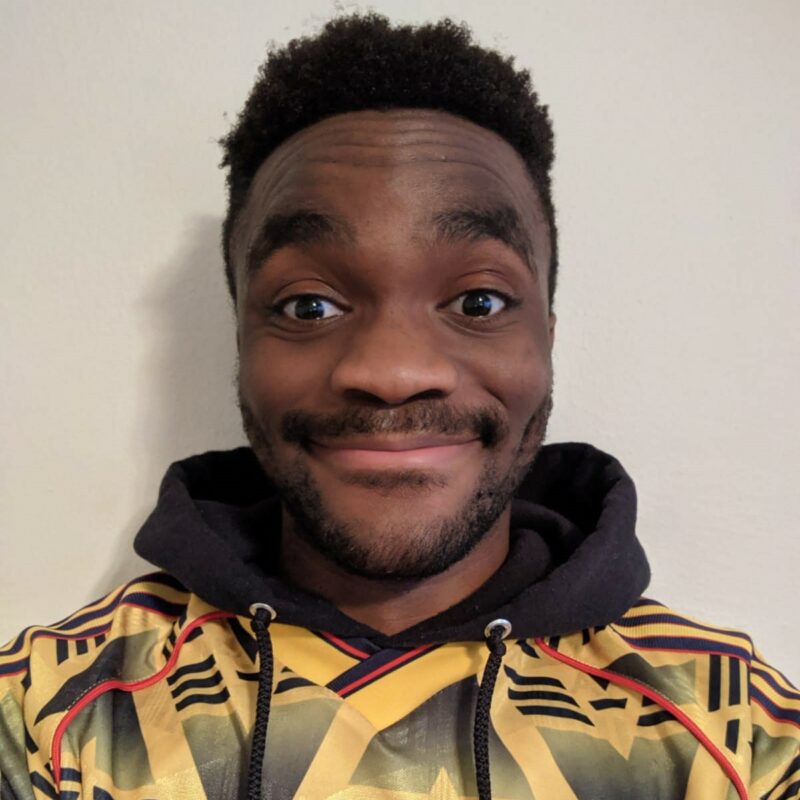
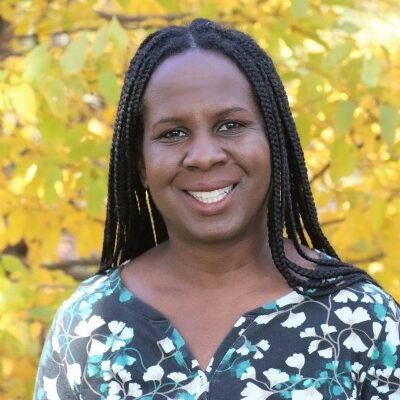
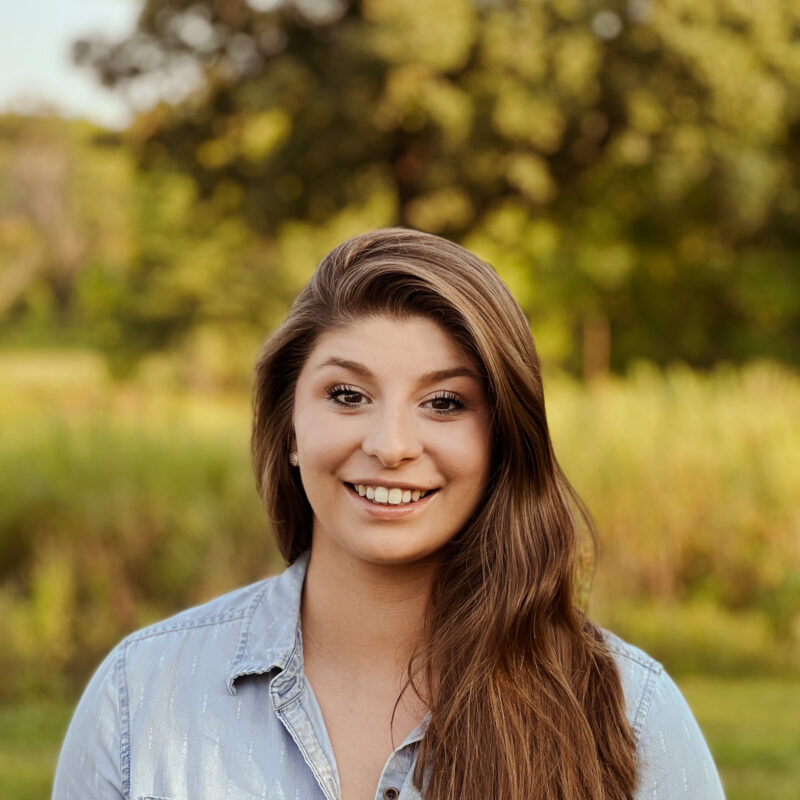
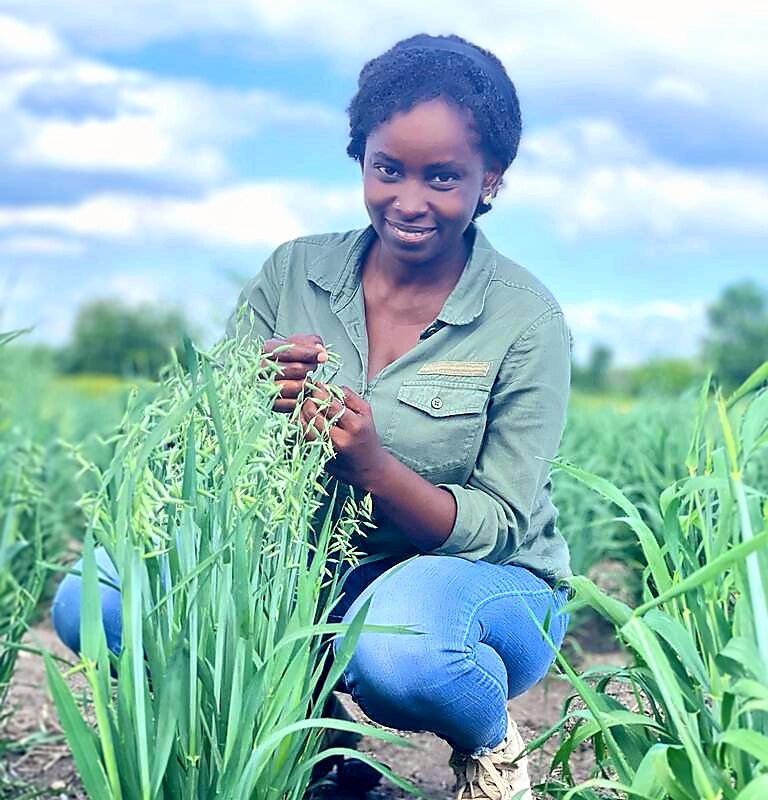
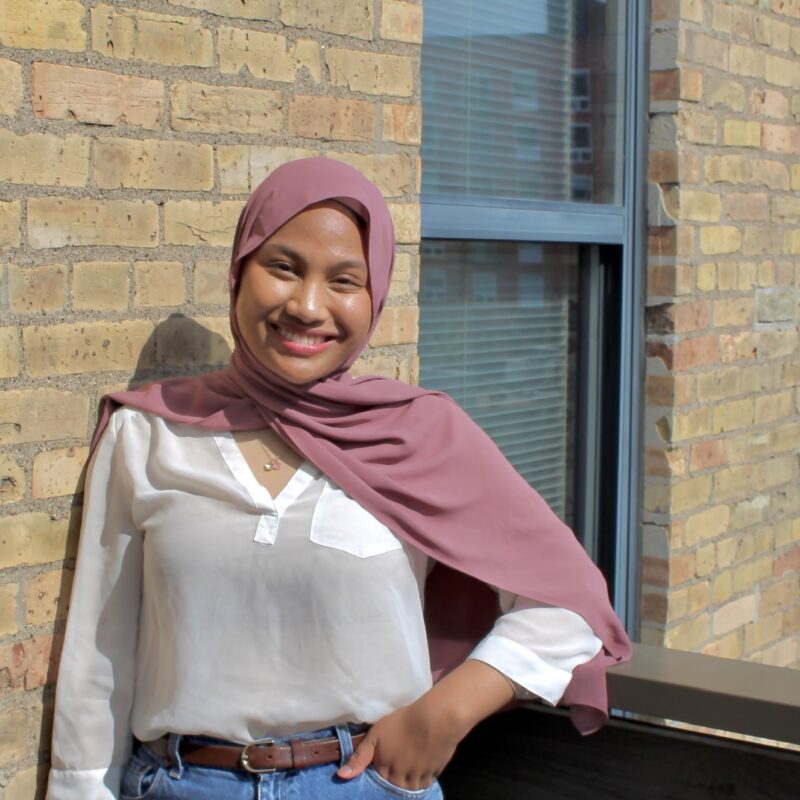
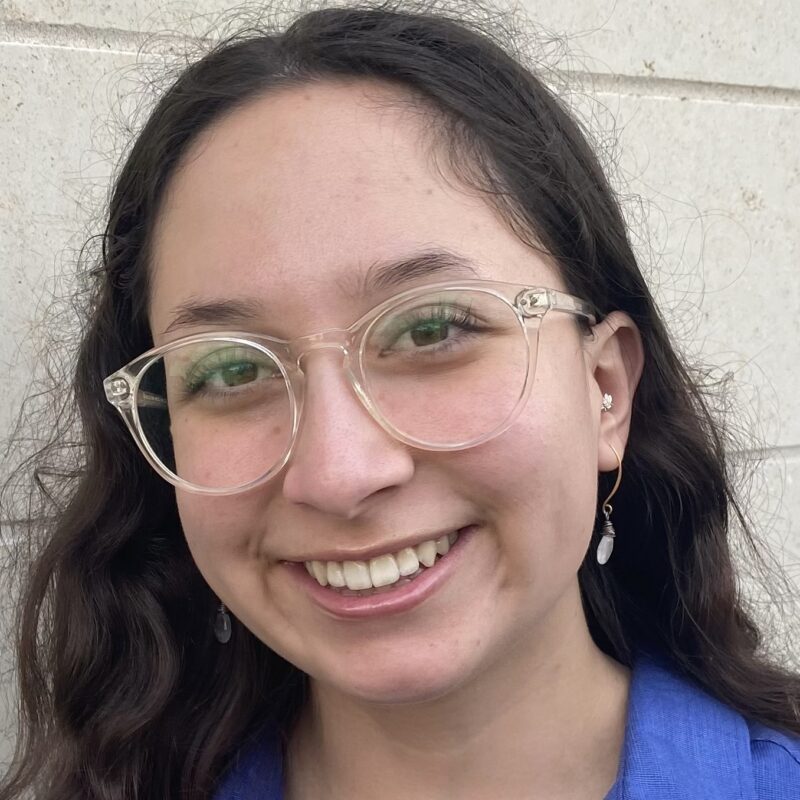
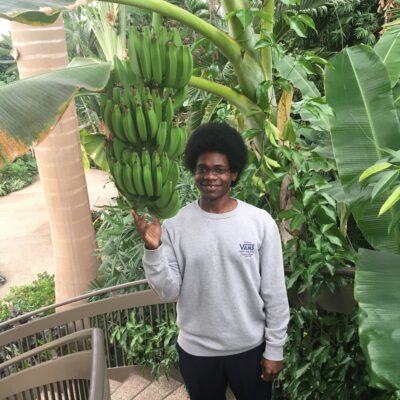
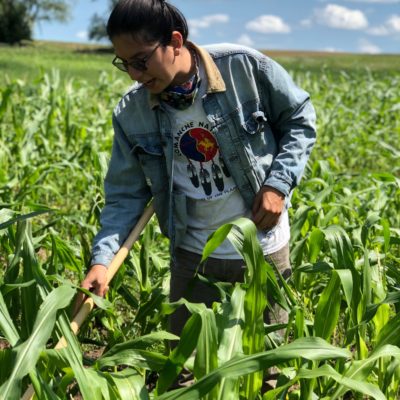
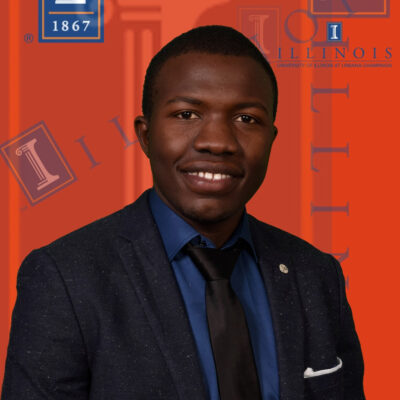
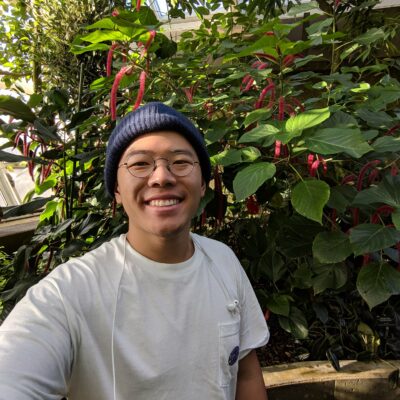
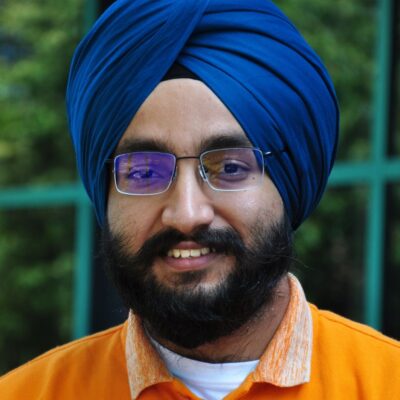
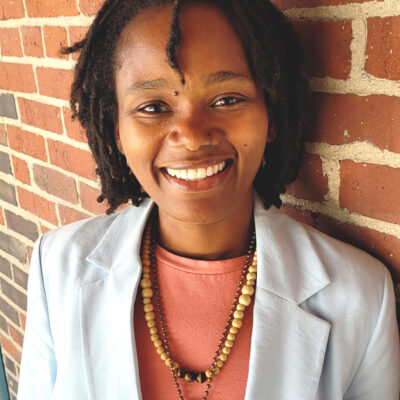
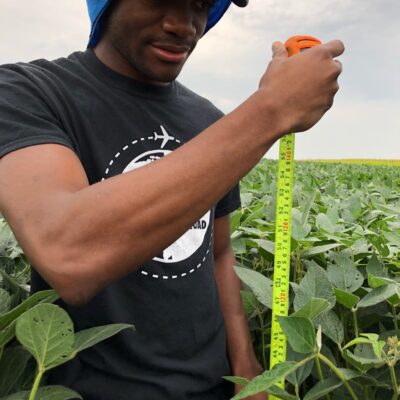 Korede grew up in the city in Nigeria and got interested in agriculture because he wanted to help improve Nigeria’s agriculture sector after it deteriorated. During graduate school, he developed an interest in research, and currently plans to pursue a research career helping developing farmers around the world, especially working with perennial crops in Africa. Korede envisions a future that includes independent farms, drastically reduced pollution, management practices that improve the land for the next generation, and a better public understanding of and relationship with farmers.
Korede grew up in the city in Nigeria and got interested in agriculture because he wanted to help improve Nigeria’s agriculture sector after it deteriorated. During graduate school, he developed an interest in research, and currently plans to pursue a research career helping developing farmers around the world, especially working with perennial crops in Africa. Korede envisions a future that includes independent farms, drastically reduced pollution, management practices that improve the land for the next generation, and a better public understanding of and relationship with farmers.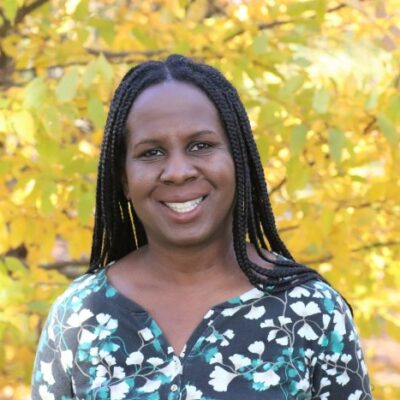 Kyla has always been a nature lover, but an edible plants class sparked a deeper curiosity about ecological systems, native species, and land stewardship, and the realization that caring for people, wildlife, and the land aren’t mutually exclusive. In fact, teaching others about how to grow food for themselves or their communities in regenerative and sustainable ways can be one of the first steps toward building more resilient, self-sufficient communities. Currently, Kyla is working on overcoming systemic hurdles to develop training and land access programs for BIPOC farmers. Long-term, she envisions a diverse, regenerative, decentralized agricultural system that offers fair compensation and equal opportunities – “an agricultural future worth fighting for.”
Kyla has always been a nature lover, but an edible plants class sparked a deeper curiosity about ecological systems, native species, and land stewardship, and the realization that caring for people, wildlife, and the land aren’t mutually exclusive. In fact, teaching others about how to grow food for themselves or their communities in regenerative and sustainable ways can be one of the first steps toward building more resilient, self-sufficient communities. Currently, Kyla is working on overcoming systemic hurdles to develop training and land access programs for BIPOC farmers. Long-term, she envisions a diverse, regenerative, decentralized agricultural system that offers fair compensation and equal opportunities – “an agricultural future worth fighting for.”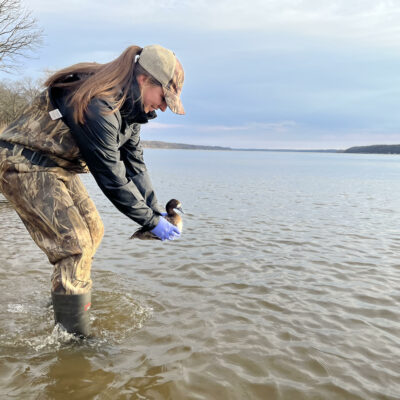 Lia has had a lifelong passion for conservation and wildlife, which motivated her to pursue a degree in Animal Ecology and Wildlife at Iowa State University. In 2021-2022 she worked with Practical Farmers of Iowa through the Green Iowa AmeriCorps program, becoming interested in agriculture as well. Despite not coming from a farming background, she has a deep connection to the topic: hearing stories from her father, originally from Mexico, about working on the land and growing food are close to her heart, especially as she has learned more about the challenges of farming. Lia is especially motivated to work with Spanish-speaking and beginning farmers, as she has seen how underserved those groups are. Lia hopes to continue deepening her knowledge of agriculture and conservation so that she can support an agricultural future with more regenerative practices to support healthy soil, wildlife, and people.
Lia has had a lifelong passion for conservation and wildlife, which motivated her to pursue a degree in Animal Ecology and Wildlife at Iowa State University. In 2021-2022 she worked with Practical Farmers of Iowa through the Green Iowa AmeriCorps program, becoming interested in agriculture as well. Despite not coming from a farming background, she has a deep connection to the topic: hearing stories from her father, originally from Mexico, about working on the land and growing food are close to her heart, especially as she has learned more about the challenges of farming. Lia is especially motivated to work with Spanish-speaking and beginning farmers, as she has seen how underserved those groups are. Lia hopes to continue deepening her knowledge of agriculture and conservation so that she can support an agricultural future with more regenerative practices to support healthy soil, wildlife, and people.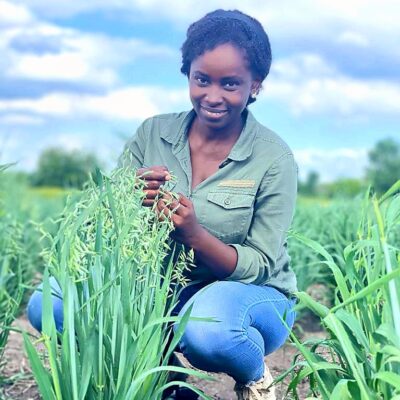 Milcah brings a background in biochemistry and over three years experience working in crop genomics research, proteomics, machine-learning, computational biology, big data analytics, system development and programming. At international CGIAR crop research institutes, she supported practical integration of genomics in plant breeding for research programs based in Africa, South East Asia and South America. In her PhD program, she is studying plant breeding methods that complement intercropping. Milcah is passionate about translational crop research aimed at breaking down the complexities of cutting-edge research, to formulate practical solutions for crop improvement. Growing up in rural Kenya surrounded by small-scale, resource-limited farms, Milcah was inspired to develop livestock and crop production solutions for small to midsize farms and drive economic and social empowerment through agriculture. She is particularly interested in using her plant breeding and research skills to serve resource-limited and underrepresented farmer communities in Kenya and globally.
Milcah brings a background in biochemistry and over three years experience working in crop genomics research, proteomics, machine-learning, computational biology, big data analytics, system development and programming. At international CGIAR crop research institutes, she supported practical integration of genomics in plant breeding for research programs based in Africa, South East Asia and South America. In her PhD program, she is studying plant breeding methods that complement intercropping. Milcah is passionate about translational crop research aimed at breaking down the complexities of cutting-edge research, to formulate practical solutions for crop improvement. Growing up in rural Kenya surrounded by small-scale, resource-limited farms, Milcah was inspired to develop livestock and crop production solutions for small to midsize farms and drive economic and social empowerment through agriculture. She is particularly interested in using her plant breeding and research skills to serve resource-limited and underrepresented farmer communities in Kenya and globally.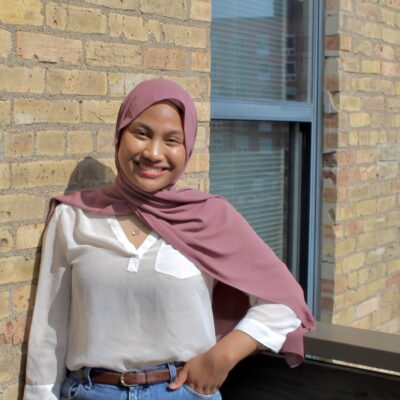 Nurfadila is currently in her second year in the Applied Econ program, and works on projects looking at the effect of fresh fruit and vegetable consumption among an ethnic community in rural MN and creating financial benchmarking reports for organic farms in the upper Midwest. Nurfadila’s primary interest is in work that supports low-income and underserved communities along the supply chain, including underserved Somali grocery stores in rural Minnesota. Originally from Indonesia but raised in Minneapolis, she brings a deep understanding of the value of culturally appropriate food availability and the importance of including underrepresented groups in the food supply narrative. She envisions an agricultural system that feeds everyone, but that is also truly accessible to everyone.
Nurfadila is currently in her second year in the Applied Econ program, and works on projects looking at the effect of fresh fruit and vegetable consumption among an ethnic community in rural MN and creating financial benchmarking reports for organic farms in the upper Midwest. Nurfadila’s primary interest is in work that supports low-income and underserved communities along the supply chain, including underserved Somali grocery stores in rural Minnesota. Originally from Indonesia but raised in Minneapolis, she brings a deep understanding of the value of culturally appropriate food availability and the importance of including underrepresented groups in the food supply narrative. She envisions an agricultural system that feeds everyone, but that is also truly accessible to everyone.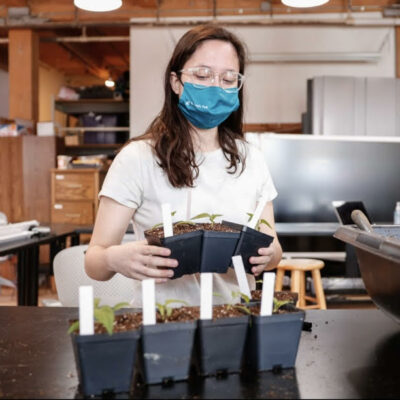 Sami has been interested in agricultural, justice, and environmental issues for a long time. Seeing both stunning biodiversity and environmental degradation on her first visit to Ecuador, her father’s home country, inspired her to take action. As an undergraduate, she studied Sustainable Agriculture and Food Systems, attended conferences, mentored youth through an urban agriculture non-profit, and served as her university’s Minorities in Agriculture, Natural Resources, and Related Sciences (MANRRS) Chapter President. As the Operations Coordinator for Minnesota Farmers Union, Sami is actively working towards equity for farmers, climate resilient farming, and a thriving food system. Sami believes that farming should be an option open to everyone, and she is motivated to understand and address challenges by working with a diverse array of Minnesotan farmers.
Sami has been interested in agricultural, justice, and environmental issues for a long time. Seeing both stunning biodiversity and environmental degradation on her first visit to Ecuador, her father’s home country, inspired her to take action. As an undergraduate, she studied Sustainable Agriculture and Food Systems, attended conferences, mentored youth through an urban agriculture non-profit, and served as her university’s Minorities in Agriculture, Natural Resources, and Related Sciences (MANRRS) Chapter President. As the Operations Coordinator for Minnesota Farmers Union, Sami is actively working towards equity for farmers, climate resilient farming, and a thriving food system. Sami believes that farming should be an option open to everyone, and she is motivated to understand and address challenges by working with a diverse array of Minnesotan farmers.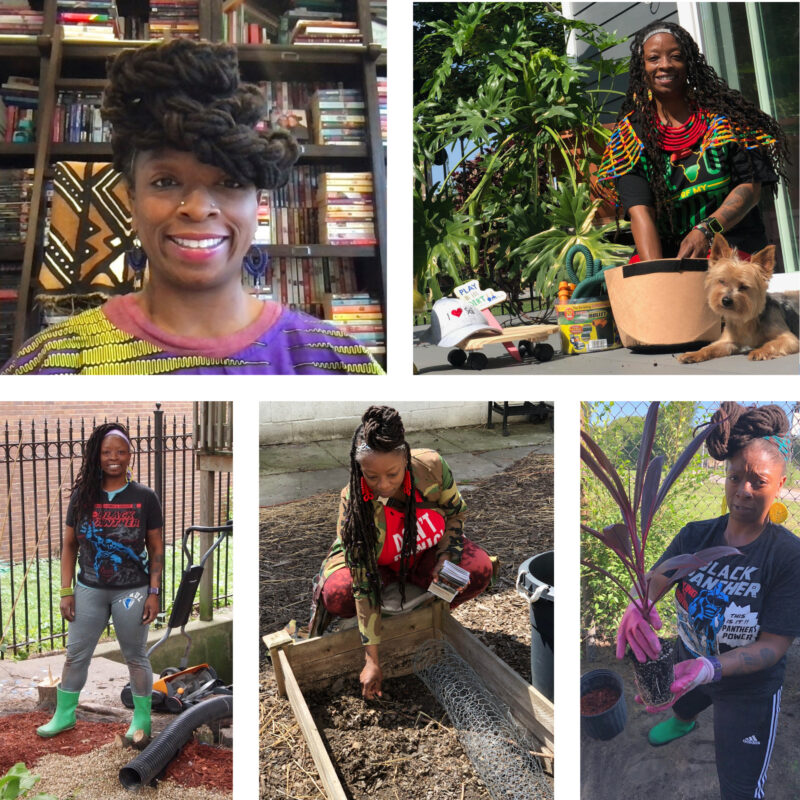
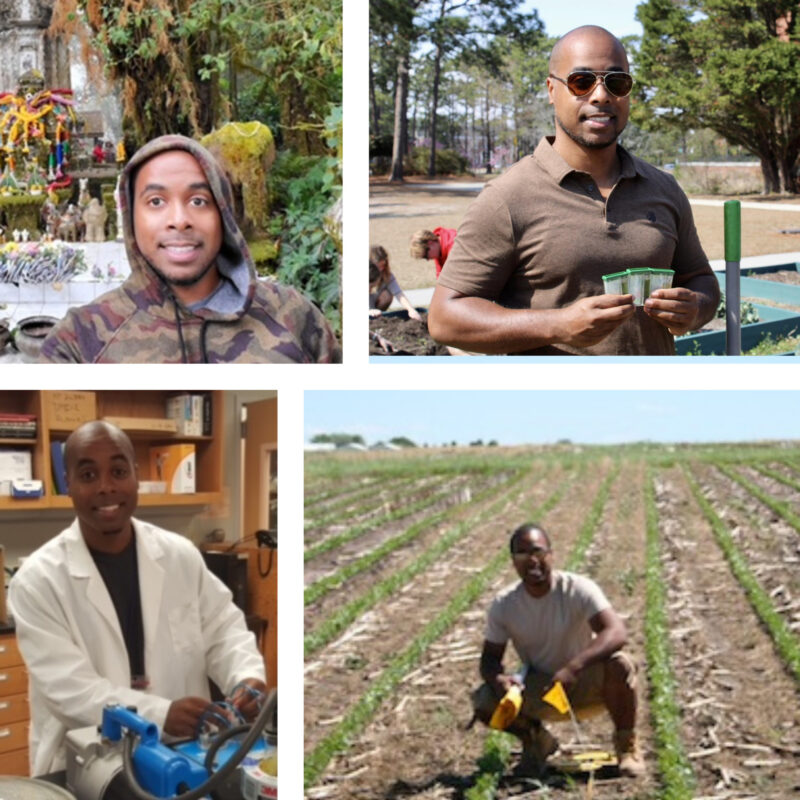
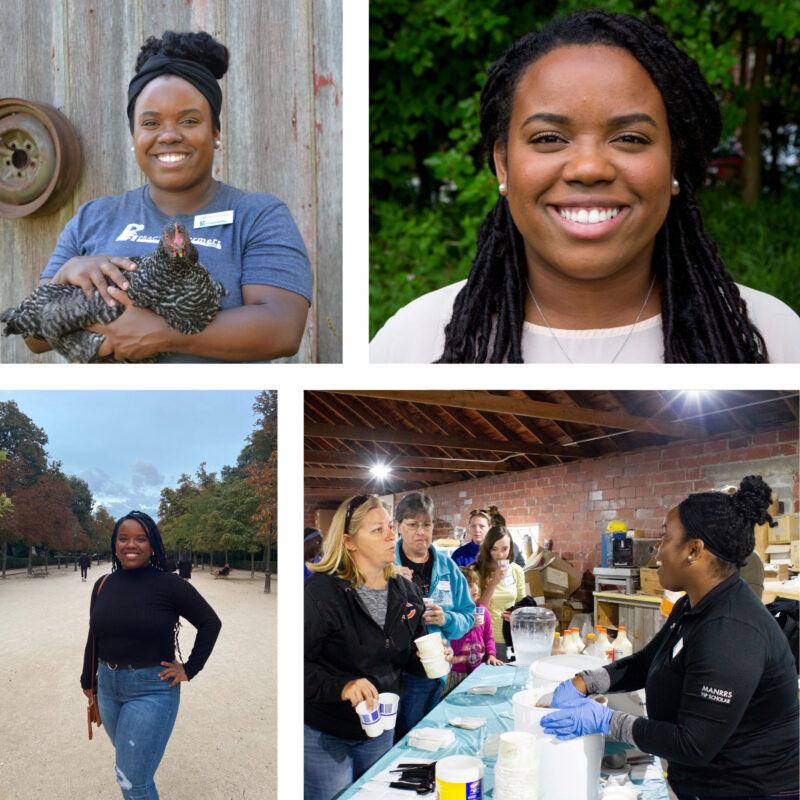
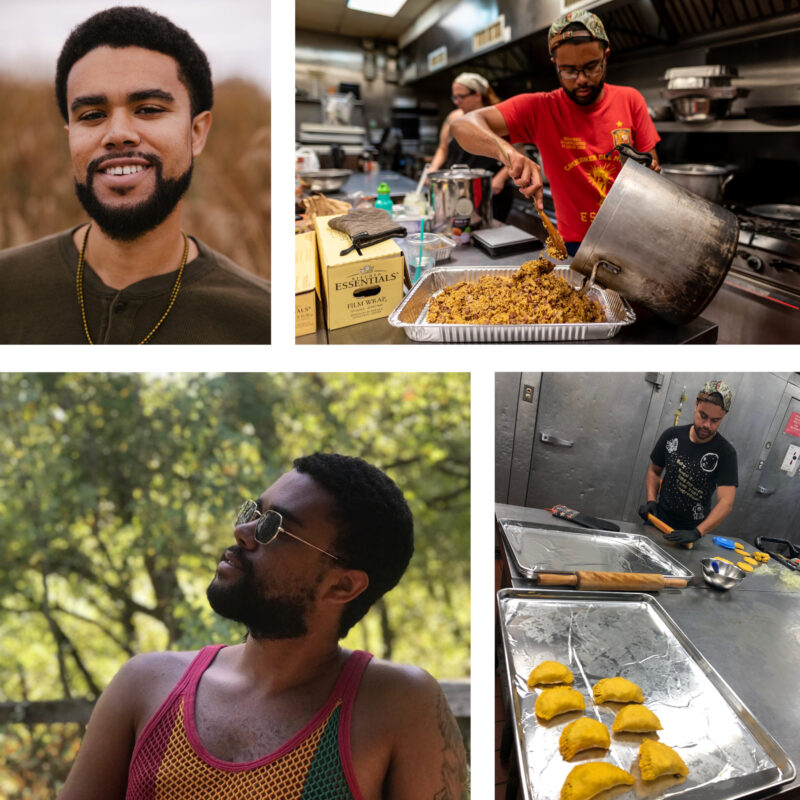
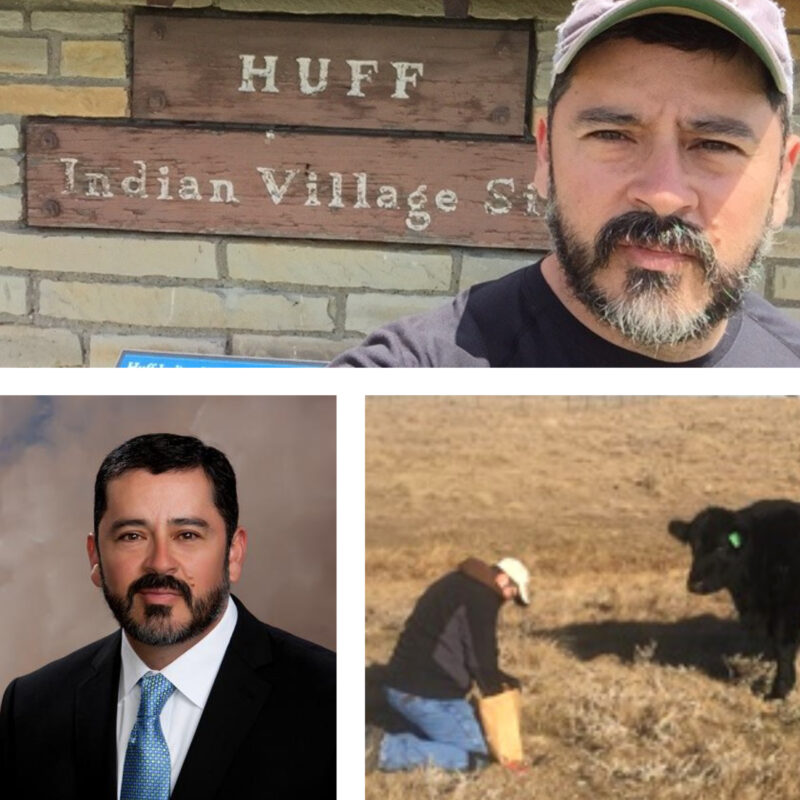
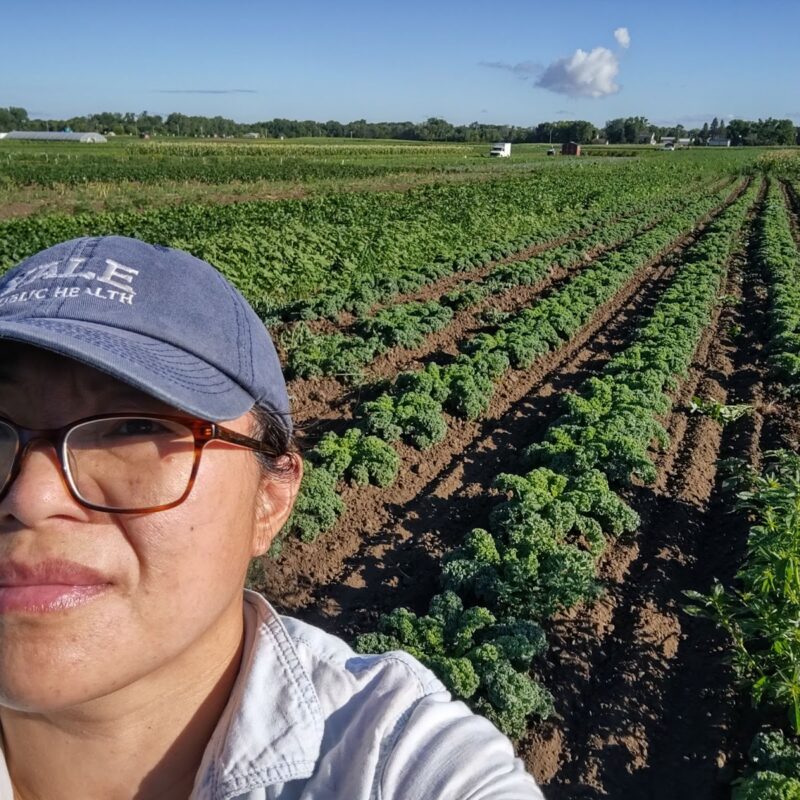
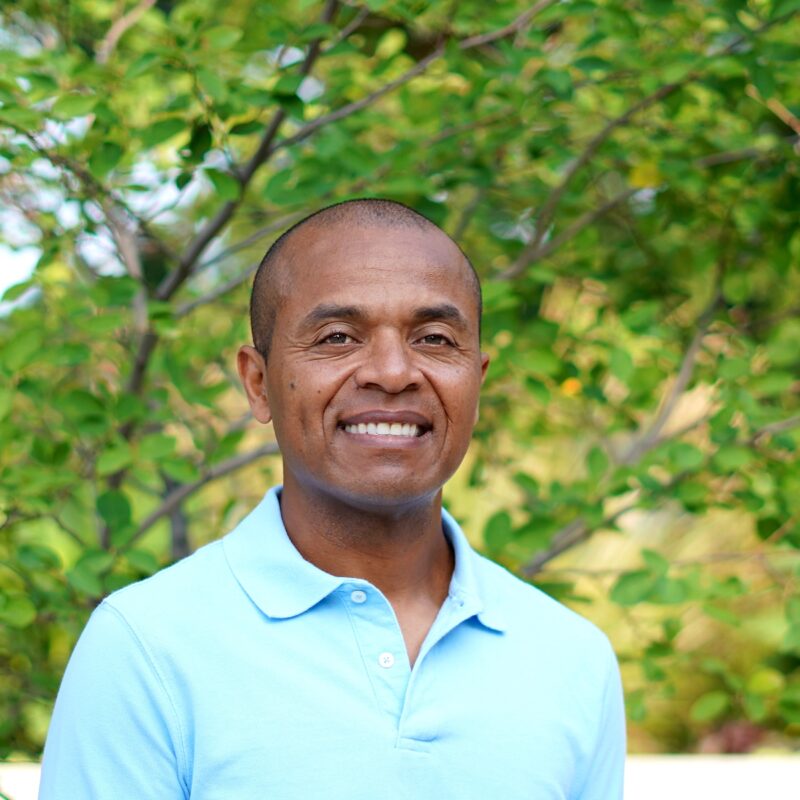
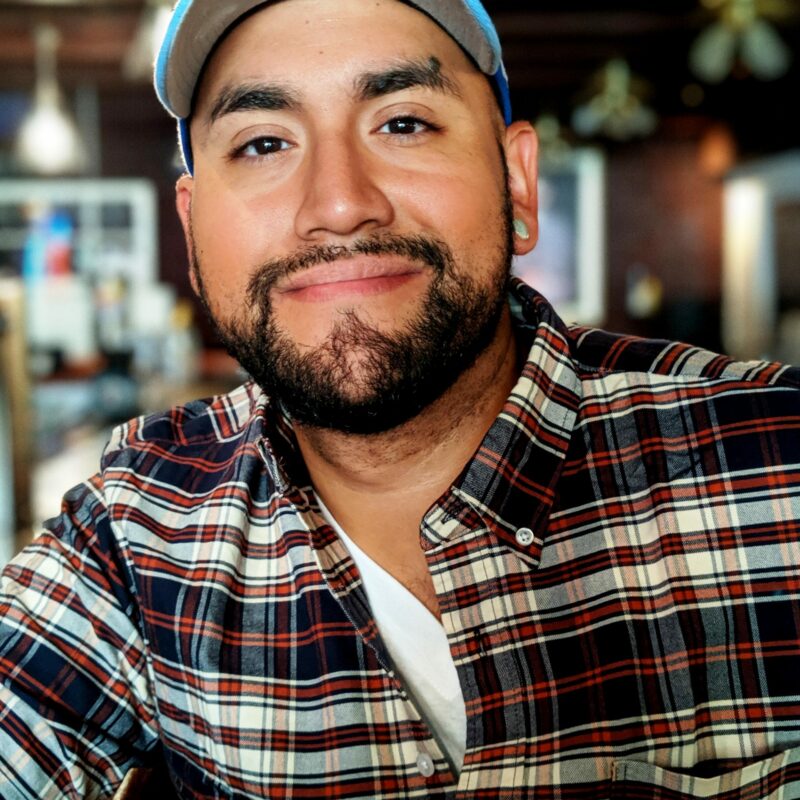
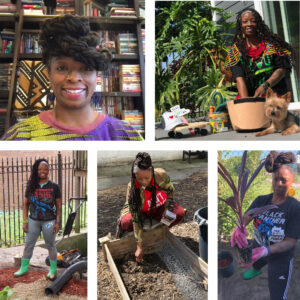
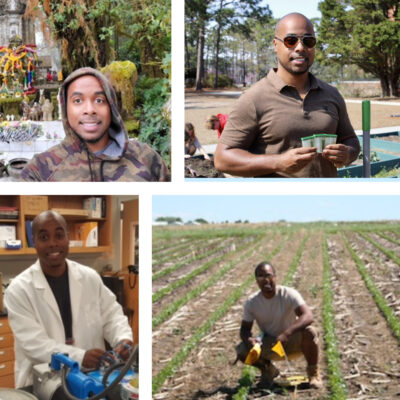 Dr. Eric Britt Moore (Britt) is an assistant professor of environmental protection at the University of North Carolina Wilmington. Britt’s professional experiences include soil science researcher at the National Laboratory for Agriculture and the Environment, lecturer of agronomy and environmental science at Iowa State University, and cover crop specialist for Iowa State University Extension & Outreach. Britt also works to promote civic empowerment through youth and adult training programs centered on science literacy, environmental justice, and community gardening. Britt is a Chicago native, and his academic background includes a B.S. in Agricultural Science from Truman State University, a M.S. in Crop Production & Physiology and Sustainable Agriculture from Iowa State University, and a Ph.D. in Soil Physics from Iowa State University. Britt’s areas of expertise include Midwest agriculture, environmental justice, cover crops, soil health, and community engagement.
Dr. Eric Britt Moore (Britt) is an assistant professor of environmental protection at the University of North Carolina Wilmington. Britt’s professional experiences include soil science researcher at the National Laboratory for Agriculture and the Environment, lecturer of agronomy and environmental science at Iowa State University, and cover crop specialist for Iowa State University Extension & Outreach. Britt also works to promote civic empowerment through youth and adult training programs centered on science literacy, environmental justice, and community gardening. Britt is a Chicago native, and his academic background includes a B.S. in Agricultural Science from Truman State University, a M.S. in Crop Production & Physiology and Sustainable Agriculture from Iowa State University, and a Ph.D. in Soil Physics from Iowa State University. Britt’s areas of expertise include Midwest agriculture, environmental justice, cover crops, soil health, and community engagement.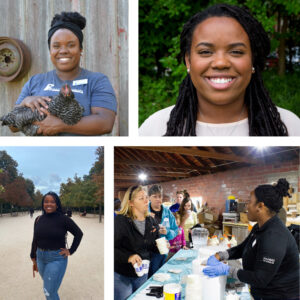
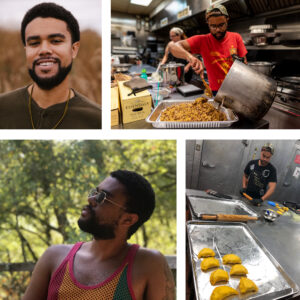
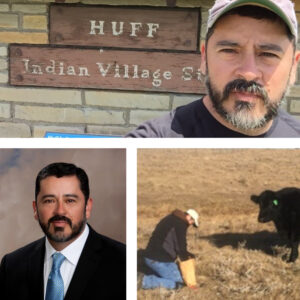
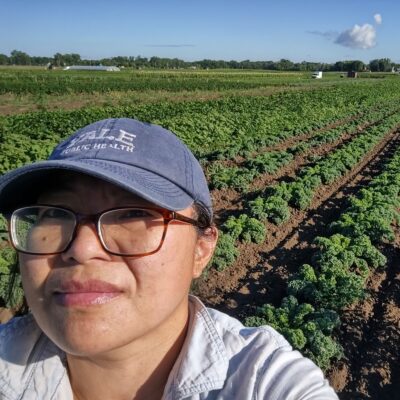
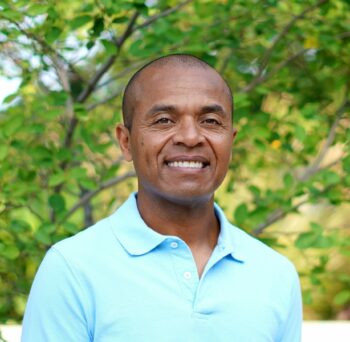
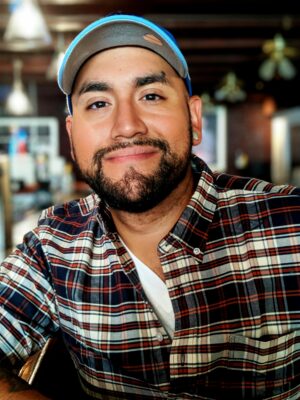 Piero Taico is the Assistant Director of Downtown Springfield, Inc in Springfield, Illinois. A long-time champion for all things local food, Piero is responsible for Springfield’s Old Capitol Farmers Market. Prior to DSI, Piero served as the Communications Coordinator for the Illinois Stewardship Alliance, aiding in their shift towards statewide organizing – advocating for agriculture that works for farmers, communities and the environment. While working for the Alliance, he visited farmers and farmers markets from Carbondale to Chicago, telling the story of revitalizing Illinois’ regional food system to help shift policy and empower local farmers. Piero has also served on the
Piero Taico is the Assistant Director of Downtown Springfield, Inc in Springfield, Illinois. A long-time champion for all things local food, Piero is responsible for Springfield’s Old Capitol Farmers Market. Prior to DSI, Piero served as the Communications Coordinator for the Illinois Stewardship Alliance, aiding in their shift towards statewide organizing – advocating for agriculture that works for farmers, communities and the environment. While working for the Alliance, he visited farmers and farmers markets from Carbondale to Chicago, telling the story of revitalizing Illinois’ regional food system to help shift policy and empower local farmers. Piero has also served on the  Minnesota.
Minnesota.  Iowa.
Iowa.  Wendy is originally from Iowa, but left the farm she grew up on to go to college, move to Los Angeles and fulfill a career in the fashion industry. After 18 years away from the farm, she returned with an entirely new appreciation for the family farm and a vision for its future. A farm is a place to grow roots figuratively and literally, and she is making every effort to do so. Wendy helps manage her family farm in addition to implementing the strategies and new ideas on the farm she and Johnny have made home. She loves learning and continually finding new and better ways to grow soil, food, awareness and community. Wendy is also active as a
Wendy is originally from Iowa, but left the farm she grew up on to go to college, move to Los Angeles and fulfill a career in the fashion industry. After 18 years away from the farm, she returned with an entirely new appreciation for the family farm and a vision for its future. A farm is a place to grow roots figuratively and literally, and she is making every effort to do so. Wendy helps manage her family farm in addition to implementing the strategies and new ideas on the farm she and Johnny have made home. She loves learning and continually finding new and better ways to grow soil, food, awareness and community. Wendy is also active as a Illinois.
Illinois. 
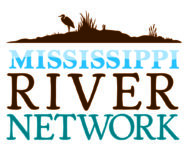 The
The